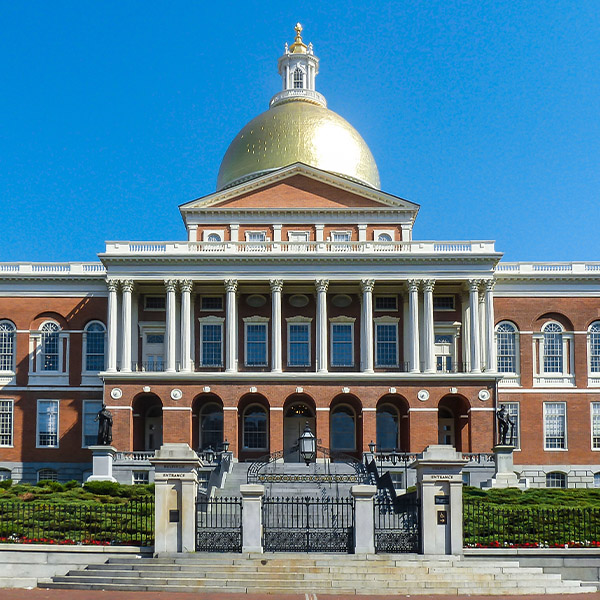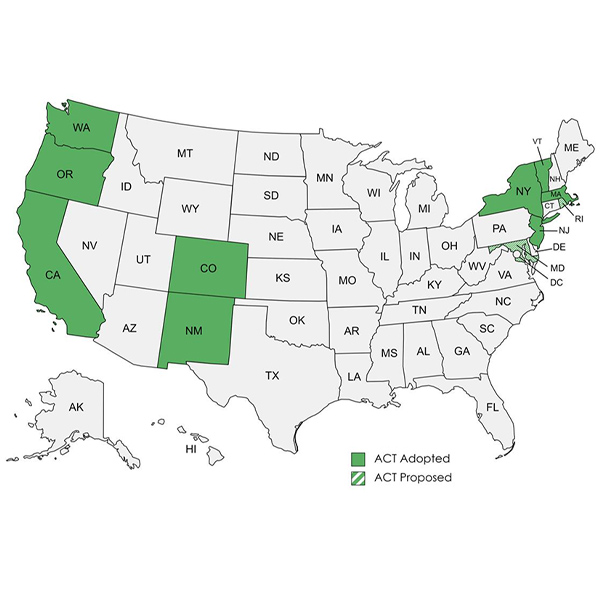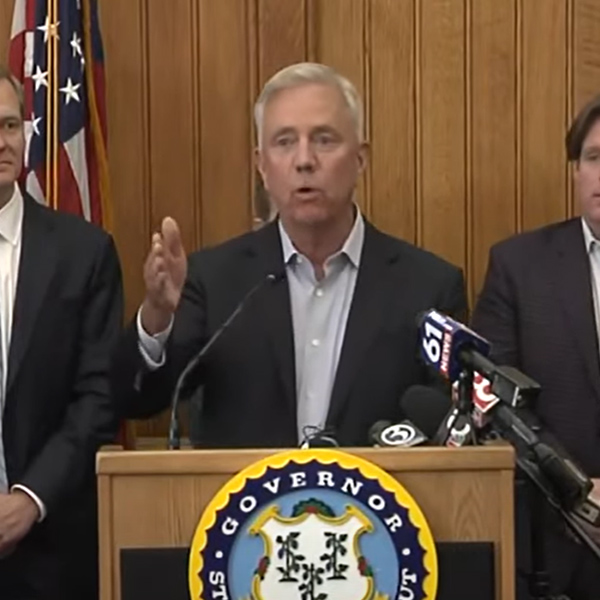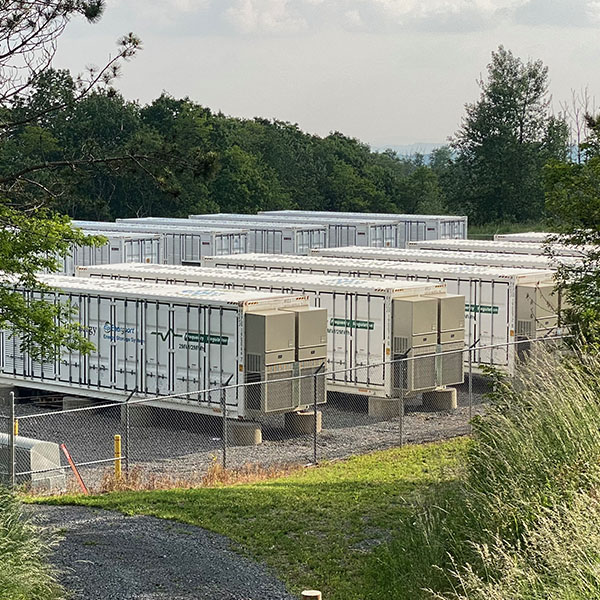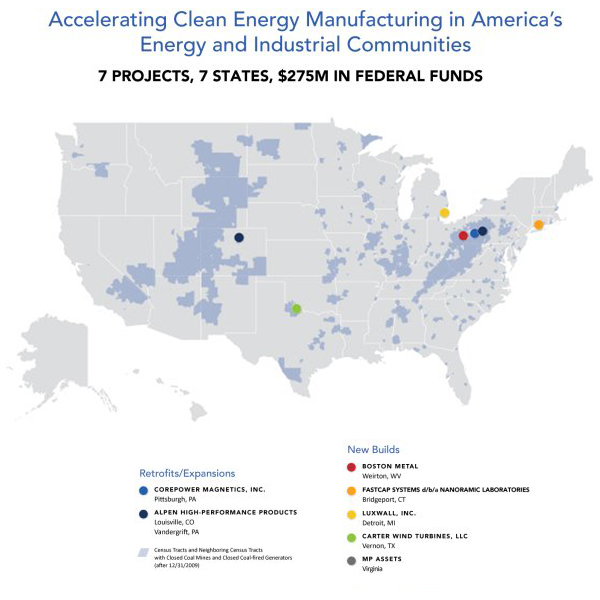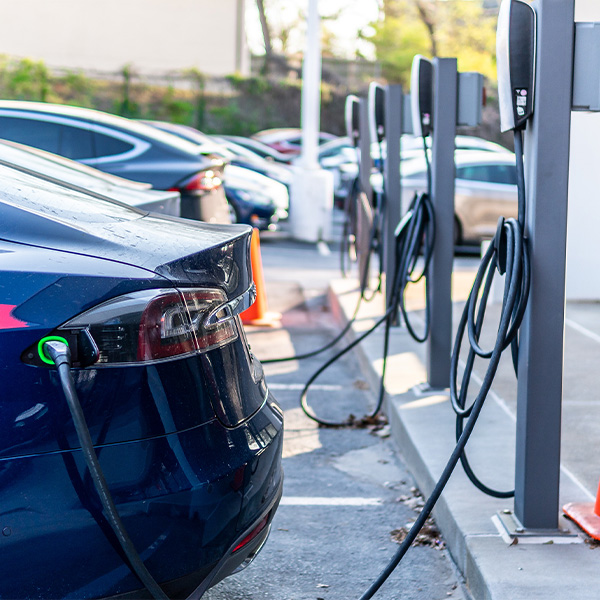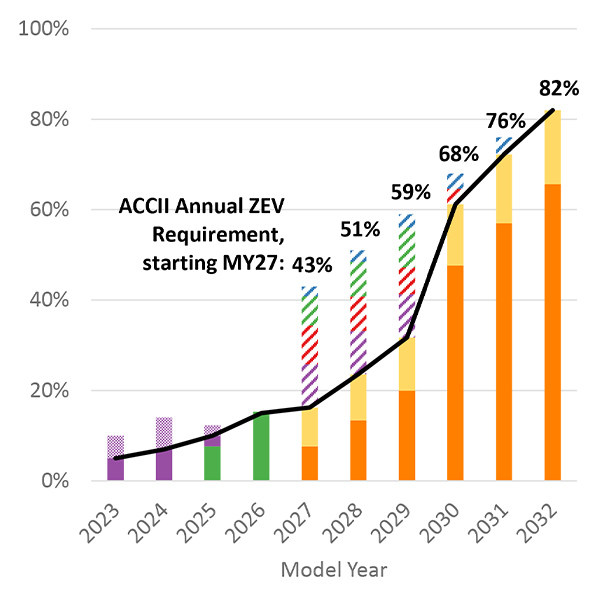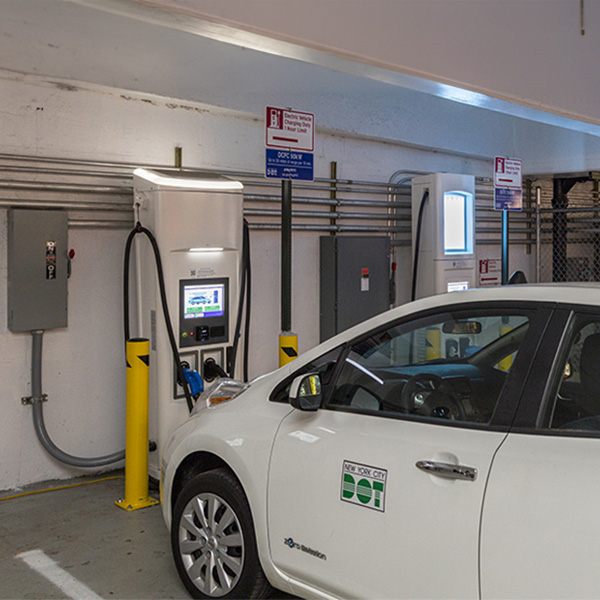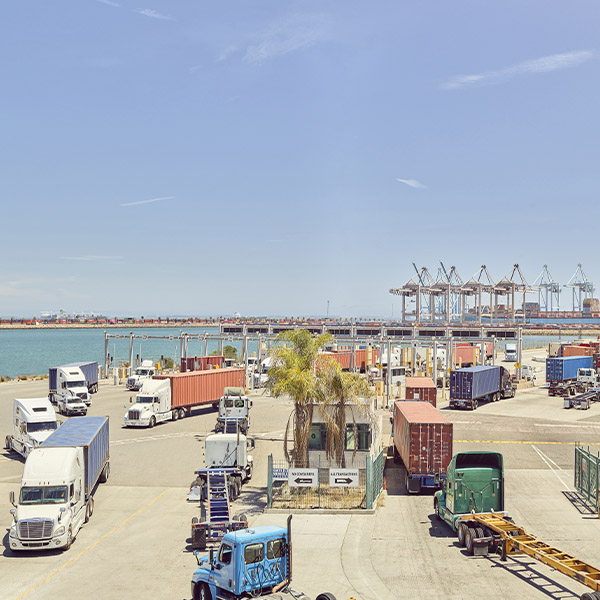Transportation Decarbonization
Airplane DecarbonizationEV chargersHeavy-duty vehiclesBattery Electric Buses (BEB)Fuel Cell Electric Buses (FCEB)Light-duty vehiclesBattery Electric VehiclesFuel Cell VehiclesPlug-in hybrid electric vehiclesShip electrificationClean Ports
Massachusetts's first-ever "Climate Report Card" found that all of the state’s sectors are “on track” for their 2025 decarbonization targets.
CARB is exploring whether zero-emission truck credits that manufacturers earn under the Advanced Clean Trucks regulation should be transferable among states.
Connecticut Gov. Ned Lamont withdrew regulations that would have required all new vehicles sold in the state to be non-emitting by 2035.
The Southern California region's supply could produce enough lithium to release the U.S. from its dependence on foreign sources of the key mineral, according to a new report.
The Connecticut Department of Energy and Environmental Protection issued a request for information regarding energy storage for diesel vehicles.
The Department of Energy said it would provide $275 million for seven projects around the country that are meant to bolster domestic clean energy supply chains.
New Jersey has adopted California's Advanced Clean Cars II rule, sparking relief from supporters who pushed for it to be ready for the 2027 model year.
New Mexico regulators adopted zero-emission requirements for cars and trucks in a move that proponents say will improve air quality, fight climate change and increase consumers’ choice of vehicles.
New York regulators approved a big increase in EV infrastructure spending, seeking to catch up with the state’s ambitious deployment targets.
The agency approved a $624 million clean transportation incentive funding package but said goodbye to a flagship program that helped consumers buy zero-emission vehicles.
Want more? Advanced Search
